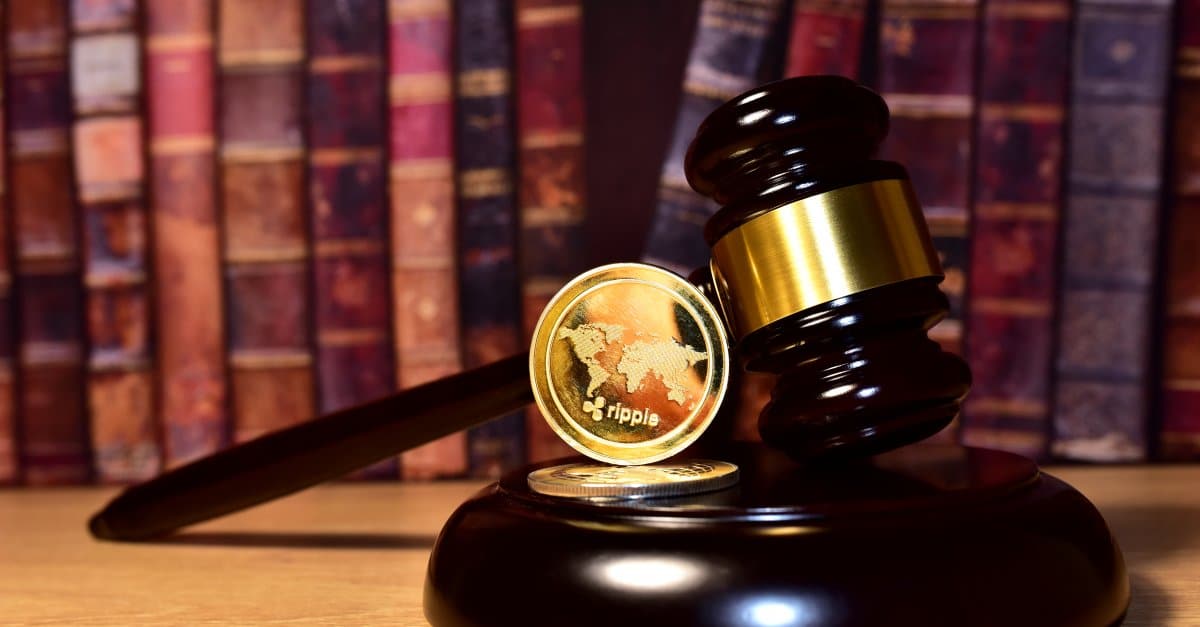In the latest turn in Ripple’s litigation, a U.S. District Court judge has issued decisions on several pivotal motions, shaping the path forward in the lawsuit accusing the cryptocurrency firm of securities law violations. The parties in the XRP-related case are preparing for settlement discussions ahead of the court’s pretrial conference on Dec. 19 and jury selection scheduled for Jan. 21, 2025.
Judge Phyllis Hamilton agrees with the plaintiffs in the decision of four pivotal motions that fell under the Daubert rule. Of all her choices, she declined Ripple’s motion to bar the testimony of a plaintiffs’ expert, Jeremy Clark, whose report the court found relevant and reliable. Clark’s research shows that the XRP Ledger is closely linked to Ripple, indicating that XRP distribution appears skewed in the company’s favor. Judge Hamilton also declined Ripple’s motion to bar the testimony from Saifedean Ammous, another of its experts, regarding the plaintiffs’ arguments about Ripple’s classification of XRP.
However, the court granted the plaintiffs’ motion to exclude the testimony of Ripple’s expert, Alan Schwartz, while also accepting Ripple’s motion to exclude testimony from the plaintiffs’ expert, Joel Seligman. Although they can be helpful at times, these rulings confine the sorts of expert opinions that will ever reach the ears of the jury, which suggests the selective nature of the judge in this matter.
Ongoing Uncertainty Over XRP’s Classification at State and Federal Levels
The California court case operates under state securities laws, setting it apart from the well-known Ripple vs SEC case involving federal law. Legal analyst Fred Rispoli has noted that the California case, though significant, does not directly impact the SEC’s lawsuit. However, it adds a layer of complexity for Ripple by highlighting the legal ambiguities XRP faces at both state and federal levels. Judge Analisa Torres’s earlier ruling in the SEC case found Ripple’s institutional XRP sales violated federal securities law. However, she clarified that secondary sales to retail investors did not meet the criteria for securities transactions.
As both parties head into settlement talks, Ripple navigates multiple legal challenges. The court’s recent decisions on expert testimony and the planned pretrial conference indicate the lawsuit will soon enter a decisive phase, shaping how Ripple’s XRP practices will be judged under securities laws.
Also Read: Ripple Challenges SEC in Cross-Appeal, Targets Key Legal Issues in XRP Case
